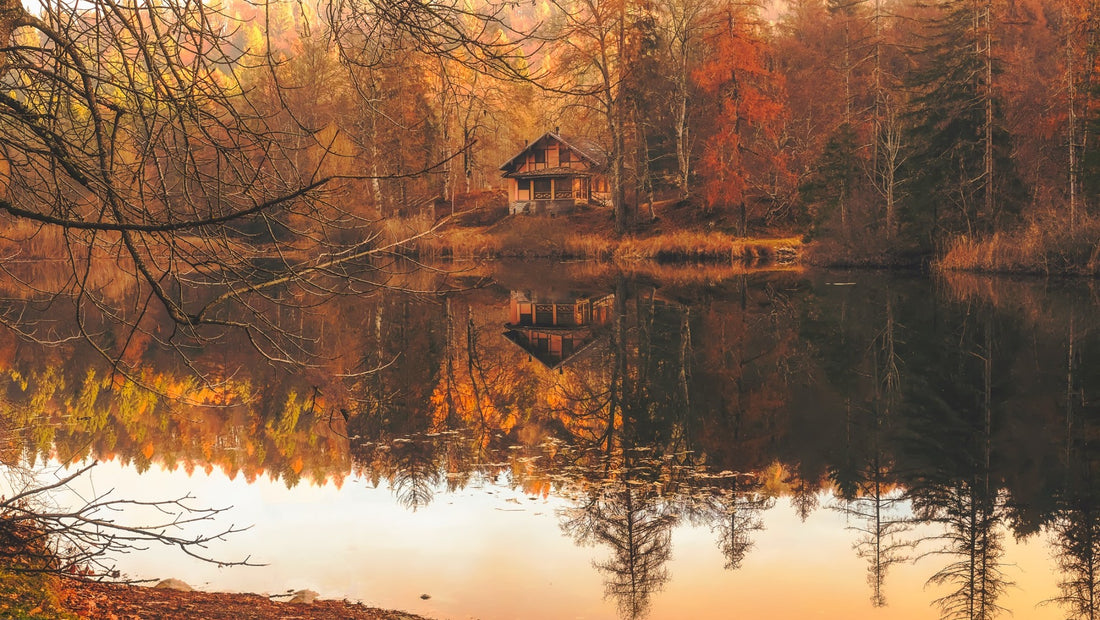
The History and Practice of Poustinia: Everything You Should Know
The modern world demands more attention than any one person can provide. Its constant pull in many directions means that today, it's harder than ever to find time to be truly silent - not just quiet but within your mind.
Many people find that the busyness of the modern world leads them straight into a spiritual rut. And it's no wonder - there's no space in today's world for God or His word. You need to make space.
Poustinia is the translation of the Russian word for "desert." It came into our consciousness thanks to the author Catherine Doherty, who wrote the book "Poustinia: Encountering God in Silence, Solitude in Prayer." The practice of poustinia is making a comeback because it offers a chance to come back to our spiritual roots and find reconnection.
What Does Poustinia Mean?
Poustinia isn't a thing but a practice. It's part of the Orthodox tradition of seeking solitude and fasting in order to remove the distractions that prevent us from hearing the word of God.
To understand poustinia is to redefine the way we think about the desert. The desert isn't a barren place: it's incredibly fertile and only requires nourishment to thrive and come alive. Just as the desert isn't barren, silence isn't an absence: it's an opening an opportunity.
As Catherine Doherty says in her book:
"Deserts, silence, solitudes are not necessarily places but states of mind and heart."
The idea is as Mark 6:31 says: God calls us to a "deserted place" that's free of distraction so that your relationship can grow and God can speak directly to your heart.
How to Practice Poustinia Today
Many devoutly religious people practice or "go on" poustinia today. Nuns and clergy members may go as often as once a month. You don't need to travel to a literal desert to do it: you can see out solitude and silence wherever you are.
At the same time, practicing poustinia isn't so easy in the modern world. There are so many worldly distractions that breaking free can demand a more radical action. That's why some people travel to physical poustinias run by Eastern Catholic traditions as a retreat from the world and to practice poustinia.
Often, these embodiments of poustinia are small simple rooms or cabins with basic furnishings and no adornments but a Bible and a plain cross.
Guests may spend a day or a full weekend in their room fasting and praying silently to re-connect with God.
Poustinia Leads You Home
The practice of poustinia allows you to seek out the quiet place where God will come to meet you. If you feel as though you are wandering in a desert of modernity, then it is perhaps the silence that you're seeking.
In today's world, spiritual growth is a challenge. But those who seek it can enjoy the rewards it brings.
Would you like to get our posts via email? Sign up for a dose of spirituality from our Wanderer Life newsletter.
1 comment
Holy Trinity willing, Holy Family guiding, seeking holy poustinia for life to. Prayer-work with and in charities. Living in car causing me sickness and possible future non- deliberate death.+